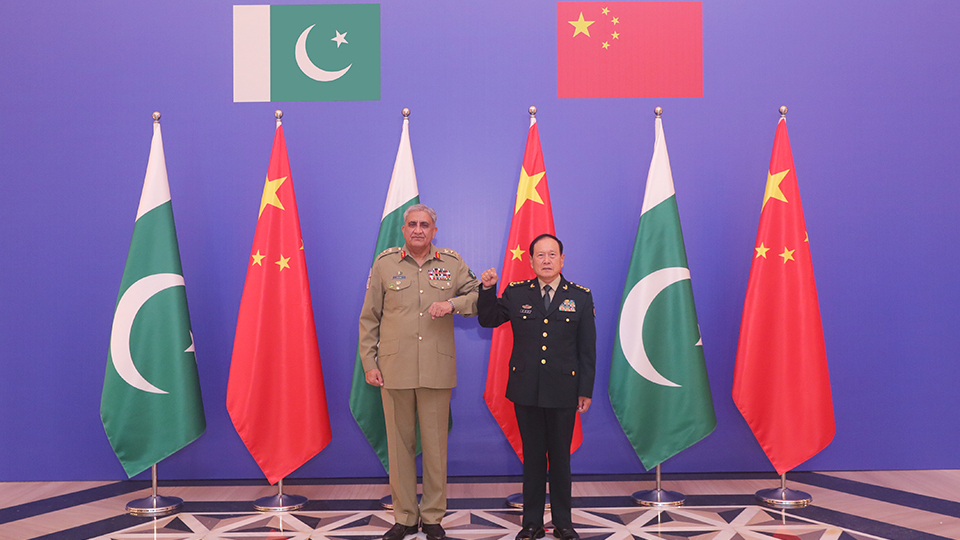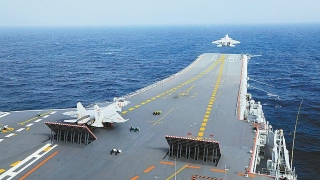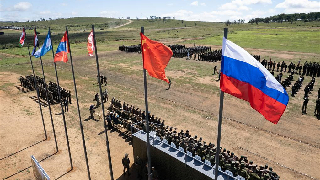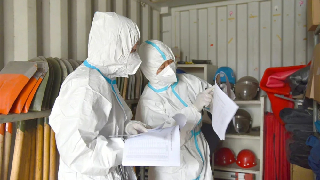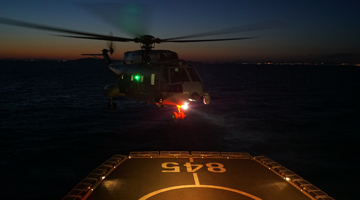By Wang Min
The US Space Force recently launched the National Space Intelligence Center (NSIC). From forming the Space Command and Space Force and frequently holding the "Global Sentinel" and "Space Flag" military exercises, to developing and deploying aggressive space weapons like the "counter communications system" and firing all sorts of reconnaissance satellites, the US has become the main pusher of weaponizing the space and turning it into a battlefield.
NSIC, also known as Space Delta 18, is a re-organization of the space-related functions of the National Air and Space Intelligence Center (NASIC). It is responsible for monitoring and detecting foreign threats to America’s on-orbit assets, and works with other American intelligence agencies to provide key information on threatening systems and foreign intentions and activities in the space domain. The establishment of NSIC further lays bare America's strategic ambition for a broader presence in the outer space.
Former US President Trump once said in public that it's not enough for America to be just "present" in the space; it must be "dominant", for which intelligence is an indispensable part. The US has long applied its usual tricks of intelligence theft and close-in reconnaissance in the space. In early 2022, it launched two space domain awareness satellites that are said to be able to detect enemy satellites to provide relevant data to America's space monitoring network. After the Russia-Ukraine conflict broke out, the US has been providing space information to support Ukraine using Starlink's satellites in orbit.
The US is also seeking space intelligence cooperation with its allies. Japan began to send its people to the US to study space monitoring skills long ago and agreed to install American space situational awareness monitors and sensors on its Quasi-Zenith Satellite System to share intelligence. In February 2022, the US signed a report with Australia, Canada, France, Germany and New Zealand agreeing to carry out in-depth cooperation on intelligence sharing, revealing its plan for creating a small space alliance.
But Washington's space ambition isn't likely to fare well. On the one hand, the space environment is complicated and variable. Given its full plate at home now, a space intelligence agency would be of limited effect. On the other hand, America's intensified pursuit of space hegemony has made other countries wary and prompted them to ramp up their space efforts and develop new combat forces. When France planned to form a space military command in 2019, French media took it as an answer to the US. Russia also gives priority to space security in its overall national security, not only forming the Aerospace Force but also accelerating the development of space weapons as a tit-for-tat to the US.
Facts have proven that America's obsessive development of space weapons will not help it achieve the strategic ambition to dominate the space. On the contrary, it will seriously damage the global strategic balance and cause the arms race to overspill into the outer space. The outer space is a common domain for human activities. The US should act responsibly, stop pushing space militarization, and truly live up to its responsibility for maintaining peace and security in the space.
